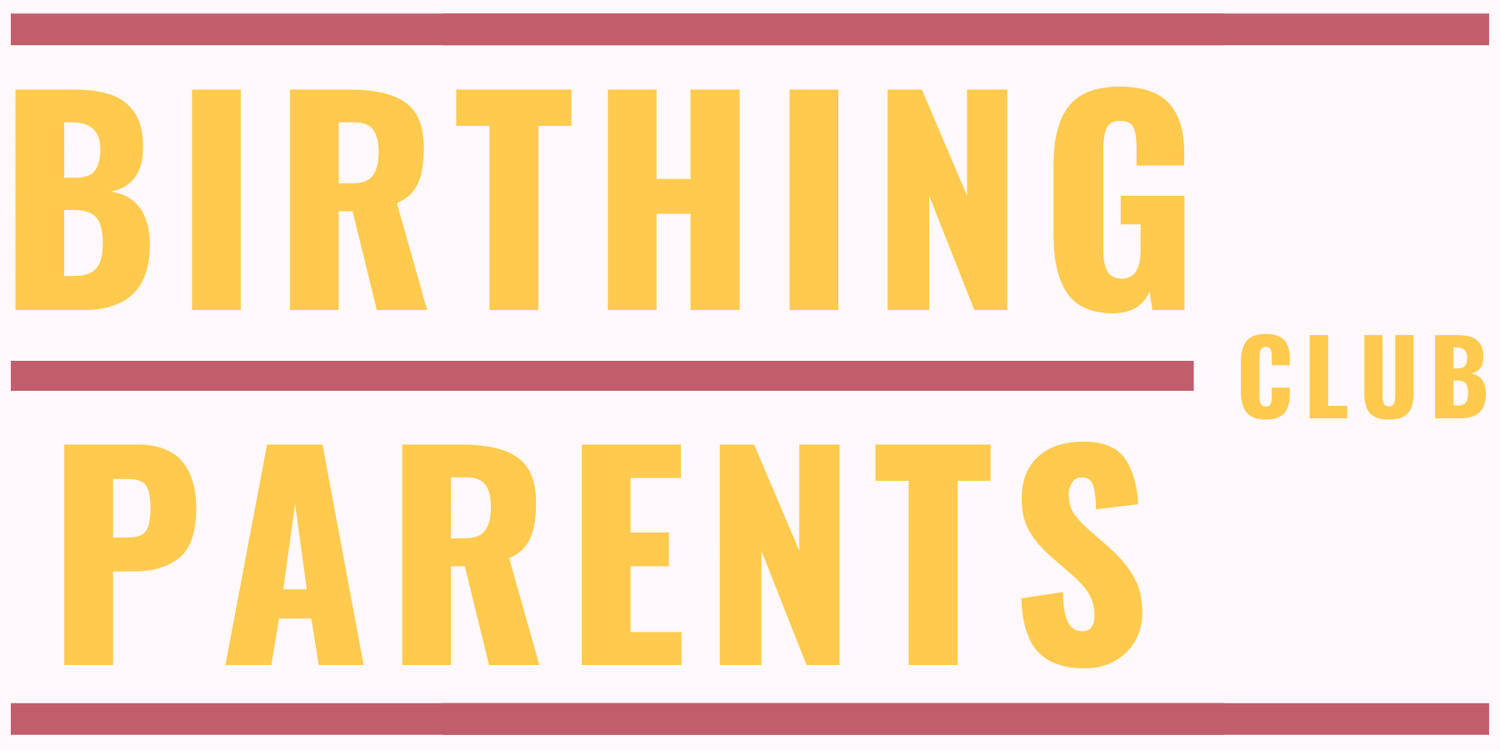DOULAS & LGBT Birthers
The world of birth and parenthood is a very heteronormative, cisgender place, with little representation of LGBT+ families in literature or imagery, both in the health service and in mainstream publishing & media. This may be frightening and unsettling for families that do not fit the nuclear stereotype and can negatively impact their confidence in advocating for themselves. A birth worker who strives to create a safe space for LGBT+ families should be educated in more than just using a person’s correct pronouns. They should be familiar with and able to recommend safe & inclusive reading material that may fall outside the ‘normal’ pregnancy bracket, saving these families a bit of legwork in scouring the internet trying to work out where they are represented. They should also understand the different nuances of discrimination which their client may come up against and do their best to protect them from this, as much as possible.
Inclusive language can make such a difference to a persons experience of pregnancy, labour & birth. Hebb’s rule forms the basis of Neuro Linguistic Programming - a tool for making profound change & shifts in a person’s way of thinking. It states that ‘neurons that wire together, fire together’ and essentially means the more we think something, the more ingrained in our minds that becomes, whether that thought is positive or negative; wanted or unwanted. A birther who is consistently made to feel that they do not belong in the ‘normal’ world of birth will subconsciously take on this on board and believe it, which does not bode well for creating a positive birth experience. A doula who knows them, and sees them for who they truly are can help to preserve and protect their birther’s confidence and belief in their birthing body.
One in seven LGBT+ people avoids seeking healthcare for fear of discrimination from healthcare professionals, and this fear is not unfounded as one in four had experienced discriminatory remarks in a healthcare setting. A quarter of LGBT+ people said they experienced a lack of understand about their specific health care needs, and for trans people specifically that figure rises to 62%. Obviously during pregnancy it is vital that all people are able to access appropriate healthcare, so a doula should encourage and support LGBT+ people through the stress and anxiety of making and attending appointments. Where there are communication barriers with healthcare professionals, again a doula can help to bridge this gap; in theory saving the birther the emotional toll of repeatedly telling their story. Should a birther feel so disempowered & disrespected by the system that they are unable to advocate for themselves, their doula may advocate for them, which should again hopefully help to mitigate some of the strain on the birther’s mental health.
In the UK, trans-dads who give birth to their babies must still legally be registered as the child’s mother, despite holding legal status as a man. Freddy McConnell who gave birth to his son in 2018 has campaigned since then to change his status on his son’s birth certificate - however the law defines a mother as the person who is pregnant and gives birth, regardless of whether they are considered a man or woman in law, as Freddy is. LGBT+ parents deserve to be recognised for who they are - to misgender people or label them mothers regardless of their true identity is harmful. In the immediate post-natal period and beyond, a parent experiencing a similar situation would be at risk of their mental health suffering, and the support of a doula could be incredibly beneficial as it has been shown to significantly reduce the instance of depressive symptoms. Suicide is the leading cause of death in birthing people in the year after their baby is born and LGBT+ people are already at an increased risk of poor mental health. More than half of LGBT+ people have suffered with depression and three in five reported episodes of anxiety, compared with one in six non-LGBT people.
While we would expect all health care professionals working within the NHS to be mindful of the specific care needs of, it is not something that many will have had specific or sufficient training on, let alone had much first hand experience with. With Brighton & Sussex University hospital recently producing and sharing their guidelines for working with LGBT+ families, there is a glimmer of hope that our health service is becoming more inclusive, however judging from the backlash and media spin there is still a way to go before this takes hold in the mainstream.
